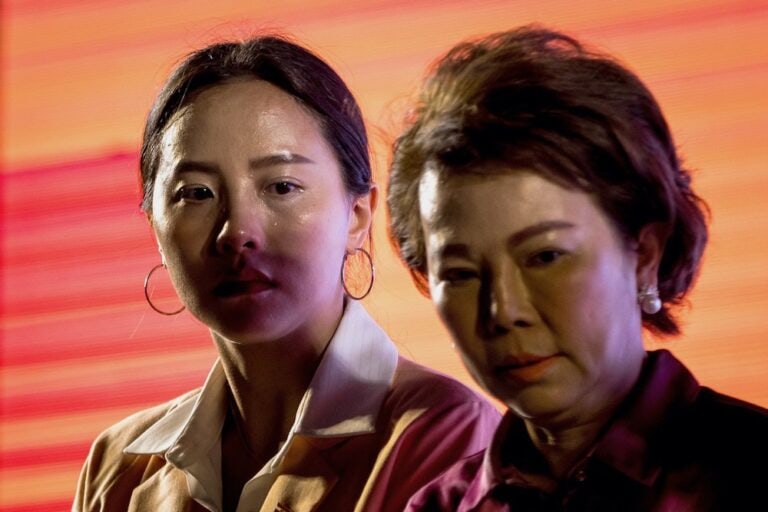(SEAPA/IFEX) – Legal and media experts in Thailand are sharing in concerns that the country’s libel laws are being used by the powerful as weapons against critics and the press, and are no longer serving their intended purpose of protecting the reputations of individuals. Leading lawyers, academics and media practitioners attending a conference in Bangkok […]
(SEAPA/IFEX) – Legal and media experts in Thailand are sharing in concerns that the country’s libel laws are being used by the powerful as weapons against critics and the press, and are no longer serving their intended purpose of protecting the reputations of individuals.
Leading lawyers, academics and media practitioners attending a conference in Bangkok last week agreed that reforms in Thailand’s libel laws are necessary to ensure that rules are implemented fairly and morally, and not abused to muzzle the press or stifle critics.
The conference, entitled, “Use and Abuse of Libel Laws in Thailand”, was organised by The Press Council of Thailand (TPCT) in response to legal trends that are perceived to be threatening freedom of expression in the country.
Conference participants acknowledged that libel laws are crucial to protecting individual reputations from unwarranted and unethical transgressions of a free and potentially overzealous press. But TPCT Chairman Pongsak Payakvichien said libel laws in Thailand are being wielded unscrupulously by the state, politicians, business interests and other entities to silence their respective critics as well as to try to control the press.
Payakvichien pointed out that recent criminal and civil lawsuits filed by telecoms giant Shin Corp. against media reform activist Supinya Klangnarong and the local daily “Thai Post” were indicative of an abuse of libel laws (see IFEX alerts of 13, 9 and 1 September, 24 August, 1 July and 23 June 2004).
Shin Corp. is partly owned by relatives of Thai Prime Minster Thaksin Shinawatra. The company sued Klangnarong and the “Thai Post” after the paper published comments by the media activist suggesting Shin Corp.’s affiliated companies are unfairly benefiting under Thaksin’s term in office.
Academics said Shin Corp. may represent the intertwining business and political interests that see common benefits in harassing the press in court. They said libel laws and their consequent potential to mete out harsh penalties – including imprisonment and crippling fines – have an adverse effect on the country’s media and on free expression in general.
Lawyers taking part in the same forum, for their part, said clearer implementing guidelines are needed for libel laws to guide law enforcers and the courts in determining which cases are valid and which are frivolous and intended merely to harass.
Among other recommendations, the conference participants suggested the need for:
– judges to exercise a primary judgement to reject exorbitant claims.
– clear guidelines on filing for claims proportionate to the alleged crime. Lawyers and journalists attending the conference noted, for example, that the 400 million baht (US$10 million) in damages being claimed by Shin Corp. against Klangnarong seems unjustifiable and grossly disproportionate to the allegation of libel.
– clear stipulations making it a prerequisite for courts to order preliminary hearings to determine the validity of lawsuits before accepting them for trial. This should apply in cases where the complainant is a business entity.
– clearer definitions of those who qualify as “honoured and dignified individuals”, a defined stature for legal entities that may wield libel laws.
– more specific definitions for the terms “individual interest” and “public interest” to better protect those who, in their defence against libel charges, claim to have acted in the public’s interest.
Legal experts said Thailand’s laws should be improved to conform with international standards, for example, the principles of proportionality, as adopted by the United Nations Commission on Human Rights (UNCHR).
Finally, they called for the decriminalisation of libel, consistent with Article 19 of the UNCHR, saying the very threat of filing criminal cases against journalists, or imprisoning them, has a chilling effect on the sector.
Payakvichien said the conference recommendations will be sent to the Office of the Attorney-General and to the Thai Courts of Justice.


